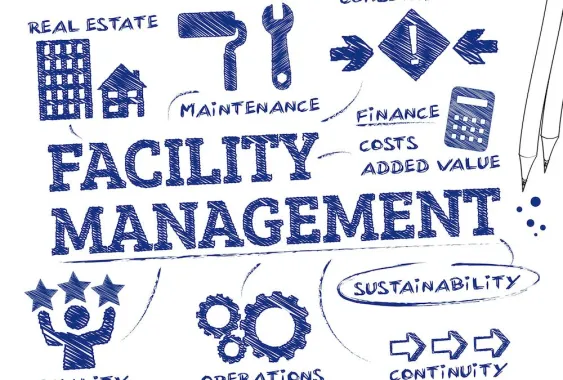course content

A training diploma in Contracting Facilities Management is designed to provide individuals with the knowledge and skills necessary to effectively manage facilities and contracts related to maintenance and operations. Facilities management encompasses a wide range of responsibilities, including building maintenance, safety, security, and contract management. Here are some of the key topics you might expect to be covered in such a program:
1. **Facilities Management Fundamentals:** Understanding the basics of facilities management, including the roles and responsibilities of a facilities manager, and the importance of efficient operations.
2. **Building Maintenance and Repair:** Learning how to plan and execute maintenance programs for various building systems, such as HVAC, plumbing, electrical, and structural components.
3. **Safety and Compliance:** Ensuring that facilities meet safety regulations and standards, including fire safety, OSHA regulations, and ADA compliance.
4. **Energy Management:** Strategies for optimizing energy efficiency and reducing operational costs through sustainable practices and energy-saving technologies.
5. **Security and Access Control:** Managing security systems, access control, and surveillance to protect the facility, its occupants, and assets.
6. **Contract Management:** Understanding the procurement process, contract negotiation, vendor management, and service level agreements (SLAs).
7. **Budgeting and Financial Management:** Developing and managing budgets, tracking expenses, and ensuring cost-effective facility operations.
8. **Space Planning and Utilization:** Optimizing space allocation, workspace design, and utilization to meet organizational needs efficiently.
9. **Environmental Sustainability:** Incorporating sustainable practices, waste management, and green building initiatives into facilities management.
10. **Emergency Response and Business Continuity:** Preparing for and managing emergencies, such as natural disasters, and ensuring business continuity plans are in place.
11. **Technology Integration:** Utilizing technology and software solutions for facility management, including computer-aided facility management (CAFM) systems.